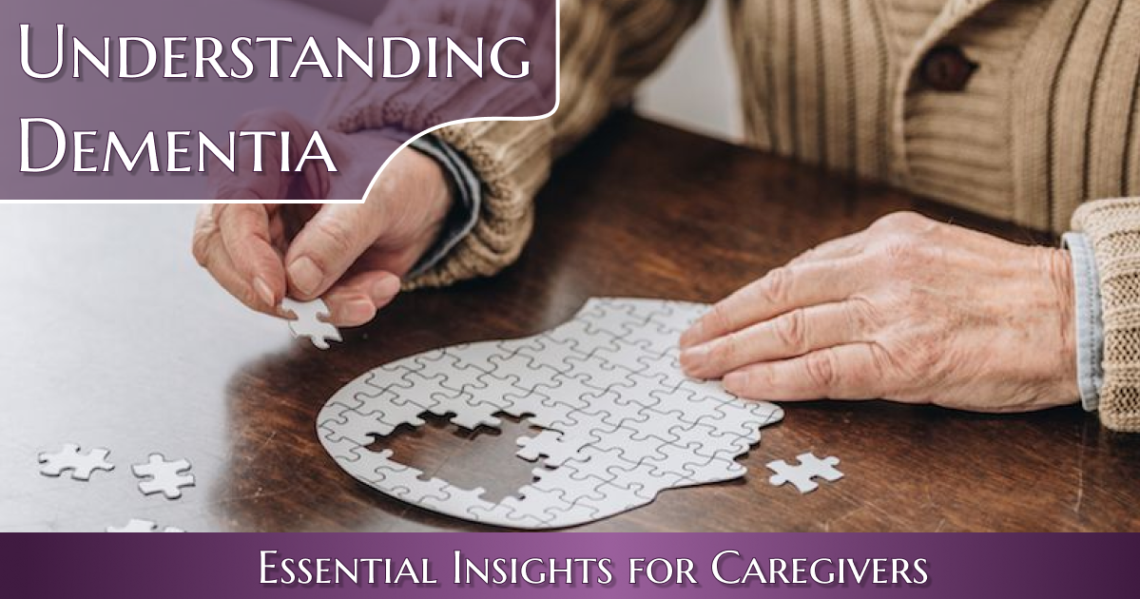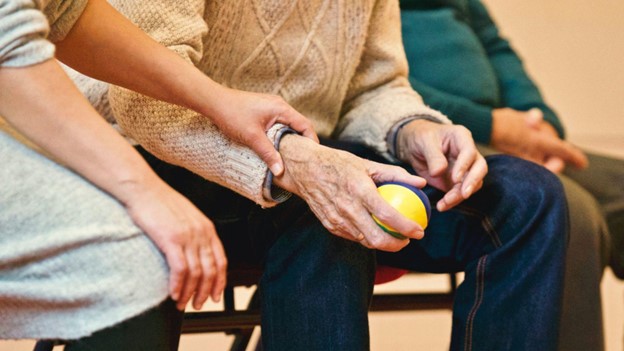dementia caregiver support
-
Pen, Paper, Possibilities: Elevate Your Daily Routine with Journals
Have you ever heard people talk about journaling and wondered why they do it? Is it really beneficial, or just another task to add to your already full day? How can it possibly help? I used to think the same way! With a job, family, and caregiving responsibilities, I felt like I was barely keeping my head above water. The idea of adding journaling to my routine seemed overwhelming. But before you dismiss the idea, I invite you to consider the potential benefits of journaling. I’m not asking you to commit to anything—just to ponder whether this practice could offer you some relief and insight. If you decide to give…
-
Age in Place with Confidence
Image via Freepik Home Accessibility Modifications for Seniors Aging in place allows you to enjoy the comfort of your own home while maintaining your independence. However, certain home modifications can make your living environment safer and more accessible as you age. By making strategic changes, such as installing grab bars, adjusting lighting, and adding voice-activated technology, you can ensure your home remains a haven of comfort and security that supports your needs as they evolve. Grab Bars for Safety Installing grab bars in your bathroom and other vital areas provides much-needed stability. These bars can help prevent slips and falls, especially in slippery spaces like the shower or…
-
How To Nurture Your Well-Being While Supporting Others As A Caregiver
Photo via Pexels As a caregiver, your role is undeniably crucial, often leading you to prioritize the well-being of another above your own. However, maintaining your health and wellness is not just a benefit to you but also enhances the quality of care you provide. This article, courtesy of The Purple Vine, explores practical strategies to help you manage your responsibilities while ensuring your well-being remains a priority. Set Boundaries One of the most effective strategies you can employ is establishing clear boundaries between your caregiving duties and personal life. It's vital to define when your role as a caregiver pauses, and your own life resumes. This might mean…
-
Taking Care of Your Brain Health 💡🧠
Taking care of your brain health is just as crucial as maintaining physical wellness. By incorporating a few simple habits into your daily routine, you can keep your mind sharp, enhance cognitive function, and protect against cognitive decline. Essential Tips for Optimal Brain Health: Eat a Brain-Boosting Diet : Incorporate a balanced diet rich in fruits, vegetables, whole grains, and lean proteins. Foods high in Omega-3 fatty acids, like salmon, are particularly beneficial for cognitive function and brain health. Stay Physically Active : Engage in regular physical activity to increase blood flow to the brain and support neuron health. Aim for at least 30 minutes of exercise most days to…
-
Understanding Dementia: Essential Insights for Caregivers 🧠❤️
Caring for someone with dementia presents unique challenges, but understanding the condition can make a world of difference. By recognizing the early signs—such as memory loss, confusion, and difficulty with everyday tasks—you can seek timely intervention and support. Consulting a healthcare professional for a proper diagnosis is crucial to ensure your loved one receives the care they need. Key Strategies for Dementia Care: Maintain a Consistent Routine: Establishing a daily schedule helps reduce confusion and anxiety in those with dementia. Consistency offers a sense of security and predictability, making it easier for them to navigate their day. Clear Communication: Use simple, clear sentences when communicating. Speak slowly and calmly, allowing…
-
Progress Over Perfection
When did I get so tired? When was the last time I slept through the night? Do I even remember what it feels like to be rested? At this point, soaking in a hot tub for 15 minutes would feel like a mini vacation! I know I need help. There has to be a better way. Earlier today, I took both Mom and my mother-in-law, Jean, to their doctor’s appointments. As best friends, they enjoy spending time together, so I scheduled their checkups with the same physician to save time and reduce confusion. Mom is living with vascular dementia, and Jean is battling Alzheimer’s. Neither of them likes going to…
-
How to Stay Healthy as a Caregiver
Caring for a loved one is a rewarding experience, but it can also be physically and emotionally demanding. While you’re focused on their well-being, it’s crucial not to neglect your own health. To prevent illness and caregiver burnout, follow these essential tips to reduce stress and maintain your physical and mental well-being. Brought to you by The Purple Vine, your trusted source for caregiver support. 1. Limit Caffeine and Sugar for Better Sleep As a caregiver, getting enough rest is vital. Lack of sleep can increase stress and weaken your immune system. To improve your sleep quality, limit caffeine and sugar intake, especially in the afternoon. Avoid these stimulants after…
-
Just One Thing
How would our lives improve if we changed just one thing this week? Changing just any old thing may not have any impact, for example, putting on your shirt before your pants, if that's your habit. That won't cause any ripple effects, mood enhancements, or much else, as far as I'm concerned. But what if the ONE THING we focussed on was literally where we put our focus? Bear with me; it will make sense in just a minute. Have you ever found yourself dwelling on those who don't support you? The spouse, partner, sibling, relative, or friend who never seems to have time to help you?Have you noticed yourself…
-
3 Essential ‘I Can’t’ Statements for Caregivers: Tips for Stress Management and Support
Dad taught us we could do anything we set our minds to. Henry Ford stated it best when he said, "Whether you think you can, or think you can't, you're right." Our attitude is critical to our success. While I believe all that, and you probably do too, I've learned that, at least in caregiving, there are some acceptable, and beneficial, "I can't" situations. Ready? Here we go.... - I Can’t Do It All Alone. It’s okay to ask for help. Caregiving can be overwhelming, and no one should do it entirely alone. Make a list of tasks others can help with, such as mowing the lawn, cooking meals, or…
-
10 Ways to Reduce Caregiver Stress: Free Guide & Tips for a Balanced Life
1) Take breaks: It's crucial for caregivers to schedule regular breaks to rest and recharge. Even short breaks can help alleviate stress and prevent burnout. 2) Seek support: Don't hesitate to reach out to family members, friends, or support groups who can provide emotional support and share in the caregiving responsibilities. 3) Prioritize self-care: Make self-care a priority by engaging in activities you enjoy. This could include hobbies, exercise, meditation, or simply taking time for yourself. For me, it's gardening. That is a happy, peaceful place where I can relax. 4) Accept help: Allow others to lend a hand. Accept help with caregiving tasks, such as meal preparation, errands, or…






